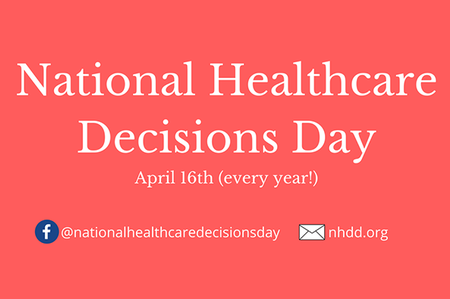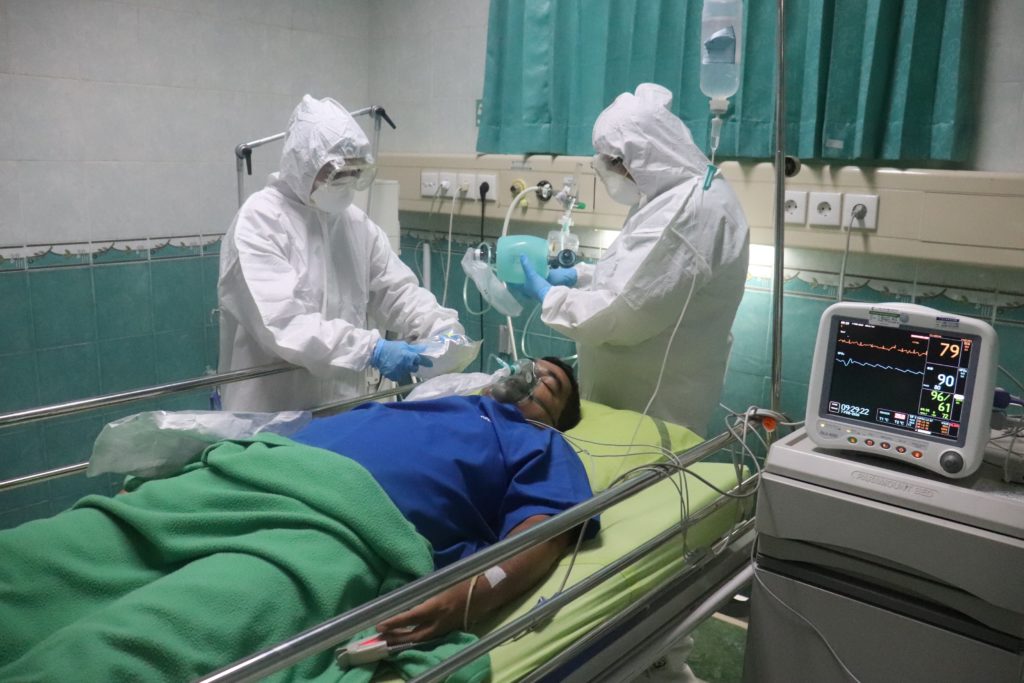National Health Care Decisions Day Inspires Vital Conversations

National Healthcare Decisions Day is April 16th. Take this opportunity to talk with your loved ones about your healthcare wishes.
How Do I Protect My Spouse and My Children in a Second Marriage?

Who’s going to inherit on the death of one of the re-marrieds? Will this be the surviving spouse? If so, where will those inherited monies go on the second-to-die’s death?
How to Talk to Parents about Estate Planning

With nearly 90% of caregivers providing care to a family member, and the holidays rapidly approaching, it is an opportune time to check in with both aging family members, as well as those performing caregiving duties.
What Helps Create the Best End-Of-Life Plan?

A new study explores how specialized care providers can navigate conversations about end-of-life care and help patients optimize their quality of life and mitigate suffering.
Can End-of-Life Planning Increase Control for Cancer Patients?

An end-of-life program that enables patients with advanced cancer to document their wishes can enhance feelings of life completion, improve relationships with healthcare providers and decrease death-related anxiety, according to a presentation at the 2021 Virtual Association of Community Cancer Centers National Oncology Conference.
Why Should I Have a Living Will?

As a review of terms, a will is a legal document that specifies how a person’s estate should be handled only after that person’s death. A living will has nothing to do with how your “things” like property, money, jewelry, etc. are to be distributed. Unlike a will, it is, in fact, a document that comes into play while you’re still alive.


